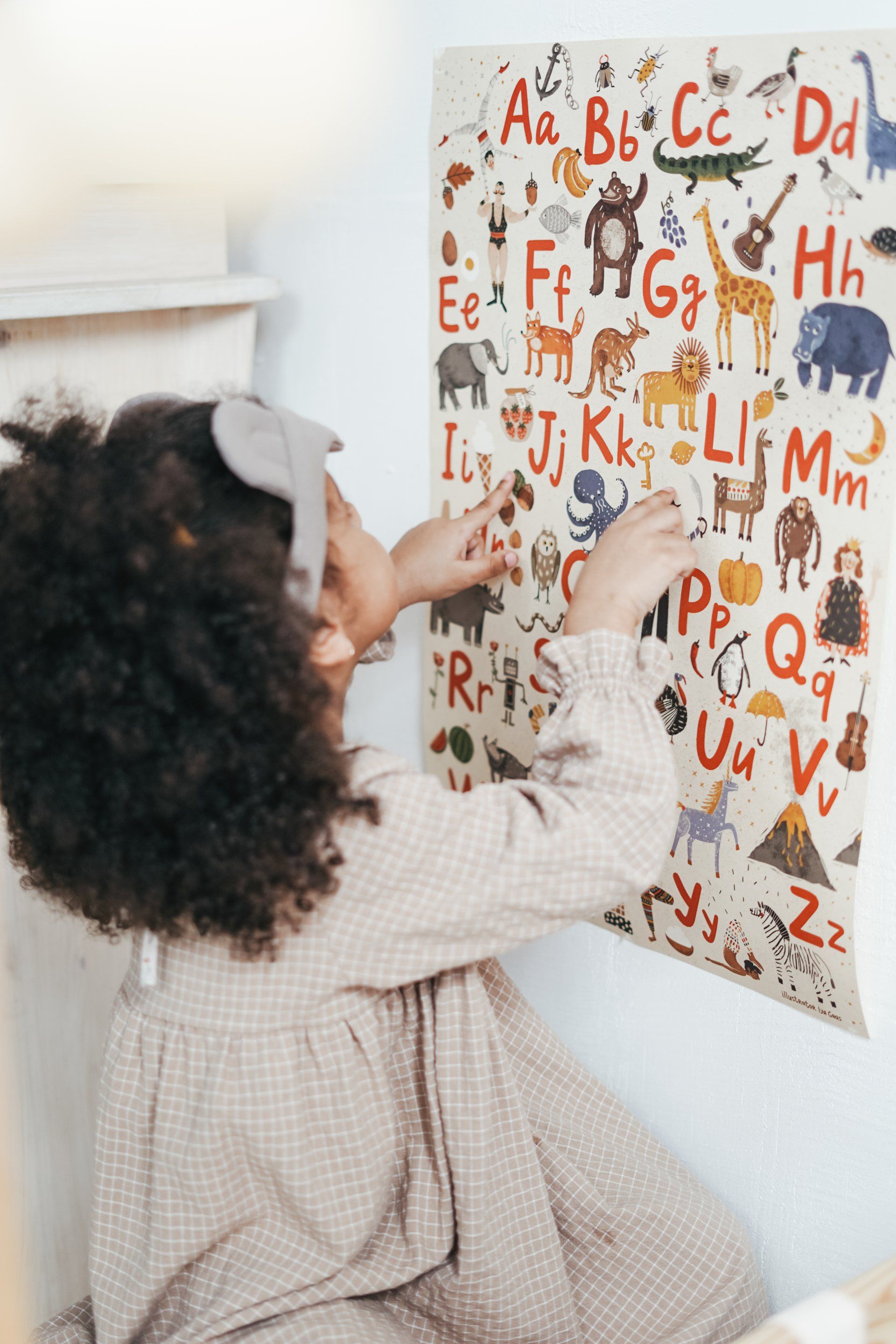6 Years & Beyond Milestones Checklist
My Child is 6 Years or Older: What should he/she be able to do?

Once your child is 6 years of age or older and is in school, the best way to keep track of how they are doing developmentally is to monitor their school performance.
Here are some tips to help them continue to perform well:
- Stay engaged: Talk to your child about school and what they like or don’t like about school. Ask them if they need help and teach them to ask for help when they need it.
- Talk regularly with your child’s teacher(s): Talk regularly to and develop a relationship with your child's teacher(s) so you can stay updated on know how your child is behaving and performing in school. Keep the line of communication open so your child’s teacher can easily make you aware of any problems or concerns.
- Ask for a curriculum or syllabus: Ask your child's school or teacher(s) for a curriculum, syllabus, and/or class schedule so you know what things your child will be learning this quarter, semester, or year.
- Check your child’s homework: Look at your child's homework before and/or after they complete it. Ask them if they need help even if they don’t ask you first. This way you will know what they are working on and what they may be struggling with so you can give help or find help if needed. You can also help them with any tools they may need to stay organized and make sure they are completing and turning their homework in on time. Allow your child more and more autonomy and self-responsibility as they get older but always be there as a resource to help them develop the skills that they need to succeed.
- Ask your child’s school about tutors: Ask if your child's school has tutors or recommends a tutoring program, in the event that your child needs it. You may also ask other parents about their experiences with tutoring to make sure you get the right resources for your child, if needed.
What to Do If Your Child Is Having Issues in School
If your child is not performing well in school or you are getting a lot of calls home or complaints from teacher(s), here’s what you can do.
- Talk with your child’s teachers. Find out what their major concerns are with your child and what suggestions they have for helping. Try to stay open-minded and non-judgmental in communication with teachers. Remember that they may see a different child in their classroom than what you see at home and that most teachers are just trying to advocate for your child.
- If your child seems to have difficulty learning in general or difficulty in particular subjects, talk to your child’s school about doing psychoeducational testing. This can often help determine what specific areas your child is struggling in and will prompt the school to provide additional services and help for your child.
- If your child’s problems are mainly behavioral, talk to your child’s pediatrician. They may be able to help determine if your child has any medical, developmental, or psychosocial issues that can be addressed in other ways. They can also help to initiate and evaluation for ADD (attention deficit disorder) or ADHD (attention deficit hyperactivity disorder), if appropriate.
All content on this website, including medical opinion and any other health-related information is for informational purposes only and should not be considered a specific diagnosis or treatment plan for any individual situation. Use of this website and the information contained does not create a doctor-patient relationship. Always seek the direct advice of your own doctor before starting any specific treatment plan.
Like or follow us on Facebook to be notified of more posts like this!










